Walter Reid – The Quickening of Alec Ross
Twenty years ago, after countless visits to France, Janet and I bought a property in the countryside near the Mediterranean coast and the Spanish border. There we grow olives and celebrate the ‘auld alliance’ between our adopted France and our native Scotland , where we raise cows and sheep.
I am a recovering lawyer. I gave up practice seventeen years ago. In that time I’ve written eight books on twentieth-century history and been elected a Fellow of the Royal Historical Society. I probably wouldn’t have done any of that if we hadn’t had a home in France for twenty years, because it’s there I’ve had the time and space to write.
And now I’ve just published my first novel, and I quite certainly wouldn’t have written it if it weren’t for the French dimension, because it’s set in the wonderful corner of France that we love. What is special for us about the Pyrénées-Orientales is the unspoilt character of the place – so different from the Côte d’Azur.
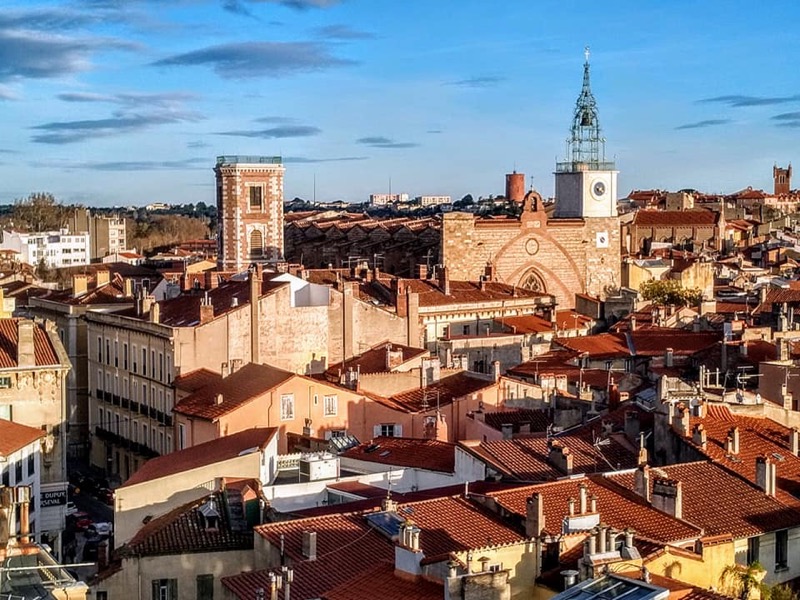
Here the villages are still authentic and even our big town, Perpignan, is free from concrete monstrosities, still a true city of the south, full of undiscovered charms. The coast is much as it was a hundred years ago, and Port Vendres is a working port, bringing in its fish and trading with the world as it has done since Phoenician times.
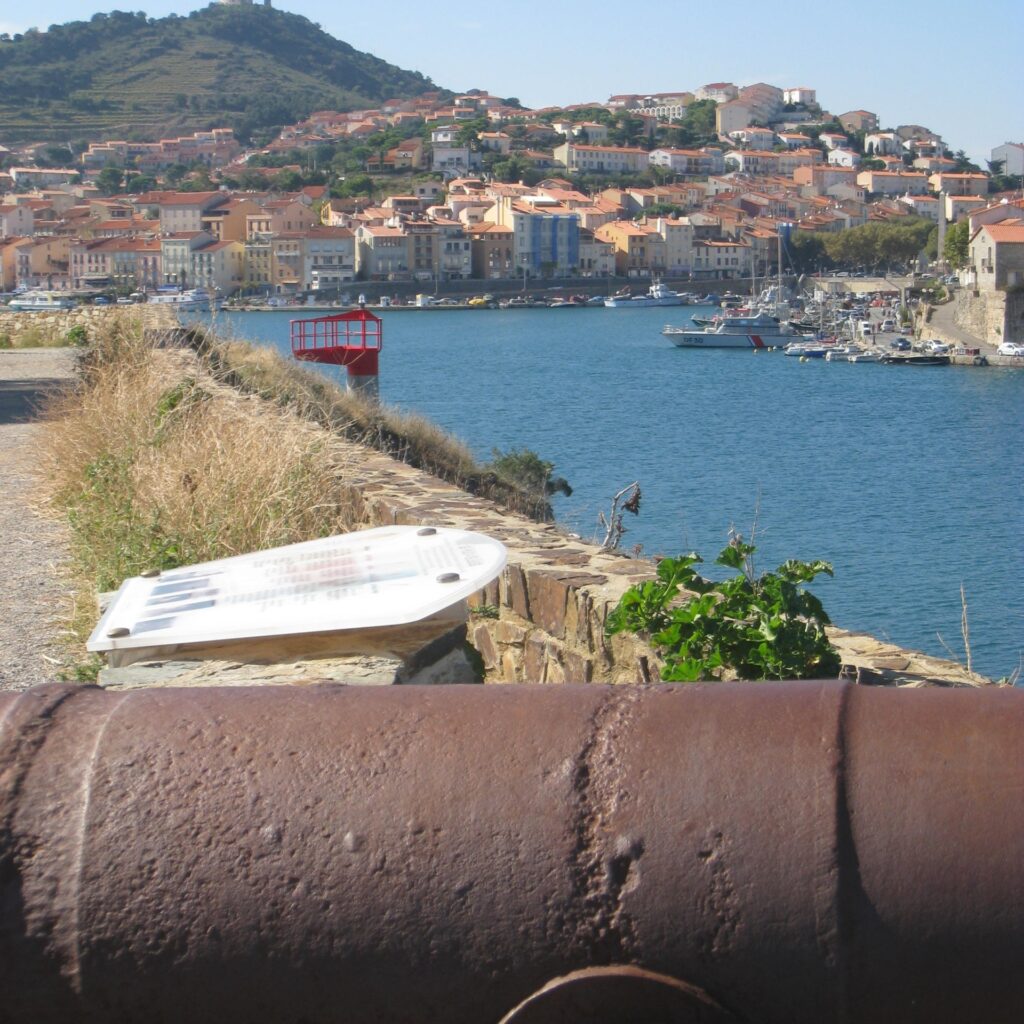
Above all there’s the Catalan identity. Until the Treaty of the Pyrenees in 1659 this wasn’t France. It was Catalonia. And not a lot changed after 1659. Catalan remained the spoken and written language until the end of the nineteenth century. For many older people Catalan is still their first language and lots of young people take a pride in the fact that they can speak it too. Even today the inhabitants of French Catalonia regard themselves as Catalans first and French second, just as their neighbours on the other side of the border see themselves as Catalans first and Spanish second.
Exploring this Catalan dimension has been one of the main themes of the adventure for Janet and me. We climb over the Albères on the mule tracks that subsistence farmers used to reach their pastures, that carried smugglers and their contraband across the frontier, that the Catalans of the south used to escape from Franco in the Civil War. We talked to elderly friends about the Second World War, and we realised, bit by bit, that the picture we have about resistance and collaboration is simplified and distorted.
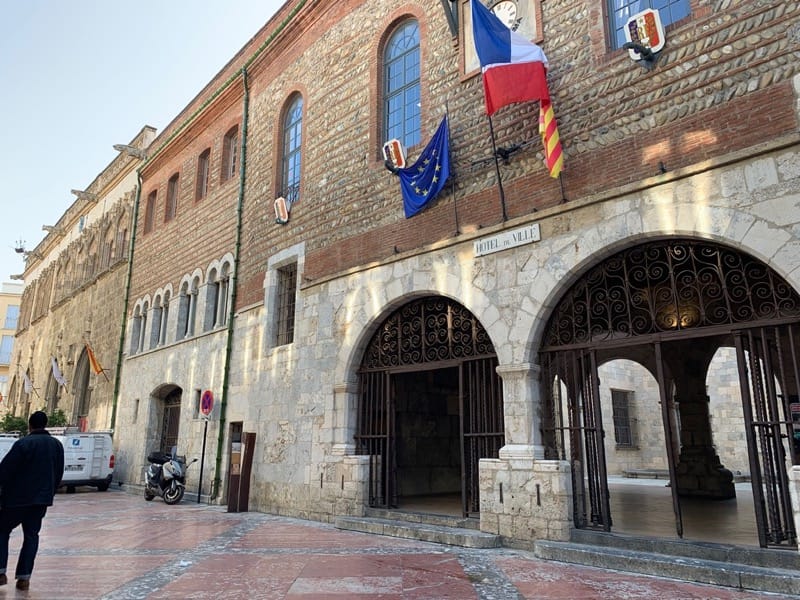
One man told me that his father had been the village policeman. His wages were paid by Vichy. Did that make him a collaborator? A very dear friend told me how when she was a little girl the German soldiers had been kind to her. They’d sat her on their knees, given her sweeties, shown her pictures of their own children. ‘Oh they weren’t bad people.’
There was in fact more censure for the Resistance, the maquis.
They weren’t necessarily seen as idealistic freedom-fighters. They were often regarded as communist bandits from Spain who stole the livestock on which the peasant farmers depended for their living. There was a notorious incident in the little village of Valmanya in the course of the war. It had been the base for maquis operations for some time and finally the Germans took action.
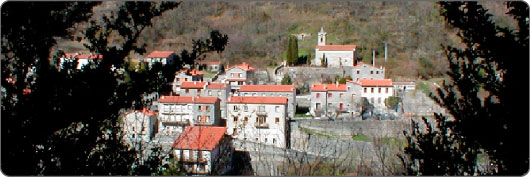
What followed was surely an atrocity by any standards, but our friend reckoned that the Germans had been provoked beyond reason and that the maquis had themselves to blame for what happened. In these dark days everything was ambivalent, nothing clear-cut. Loyalties and deceit were intertwined.
And that, really, is what gave birth to my novel in which the events mostly take place in and around Perpignan in the dark days of the Second World War and of the Nazi occupation. Port Vendres features as the setting for communicating with the free world through the agency of one of the freighters which shuttles between the port and North Africa. Shadowy characters make their way ashore at dead of night at Paulilles.
The book is about commitment and betrayal. Alec Ross is an innocent born at the outset of the twentieth century. I explore his journey through its first half, as he finds himself almost accidentally drawn into the murky conflicts of resistance, spying and collaboration. His life has been marked by avoided commitment and abandoned relationships. But now he sees young men and women, escapees and their Resistance helpers, rise to heights of bravery. He also sees corruption and compromise and the horrors of anti-Semitism. Amidst the extremes of humanity at both its best and its worst he struggles to work out what matters to him.
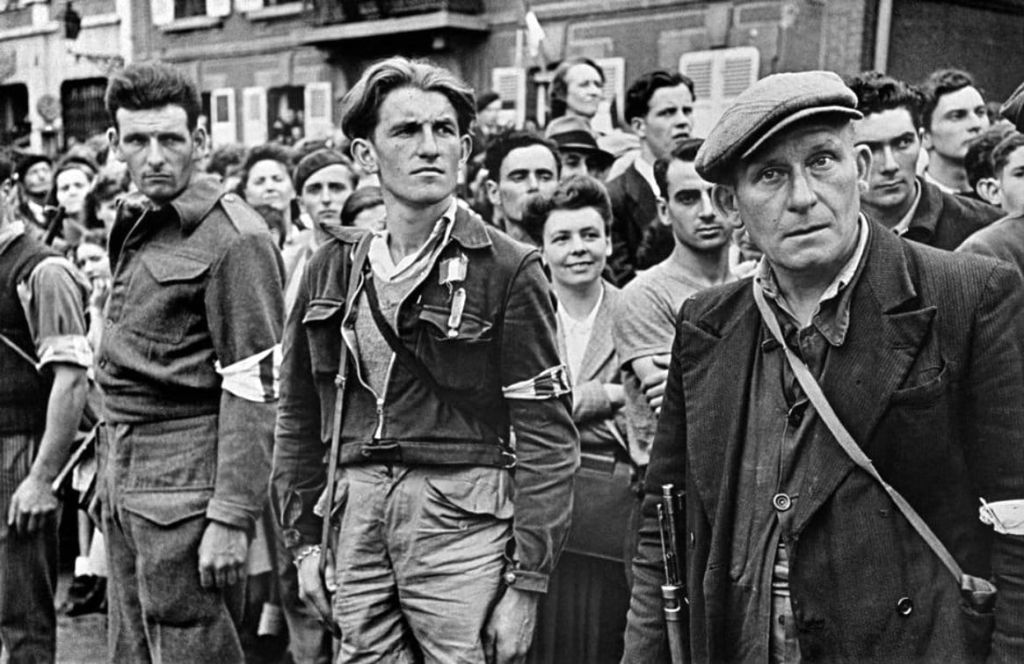
image@Robert Capa
Till the end the question persists: will Alec finally commit himself to a cause, and to the woman he loves – or will he surrender to a world which is finally too complicated for this simple man?
BUY HERE

I have been planning to read this novel since I read about it in P-O Life. I now have a copy and shall read it when we are at our second home in Port Vendres next week. Looking forward to it and posting my thoughts